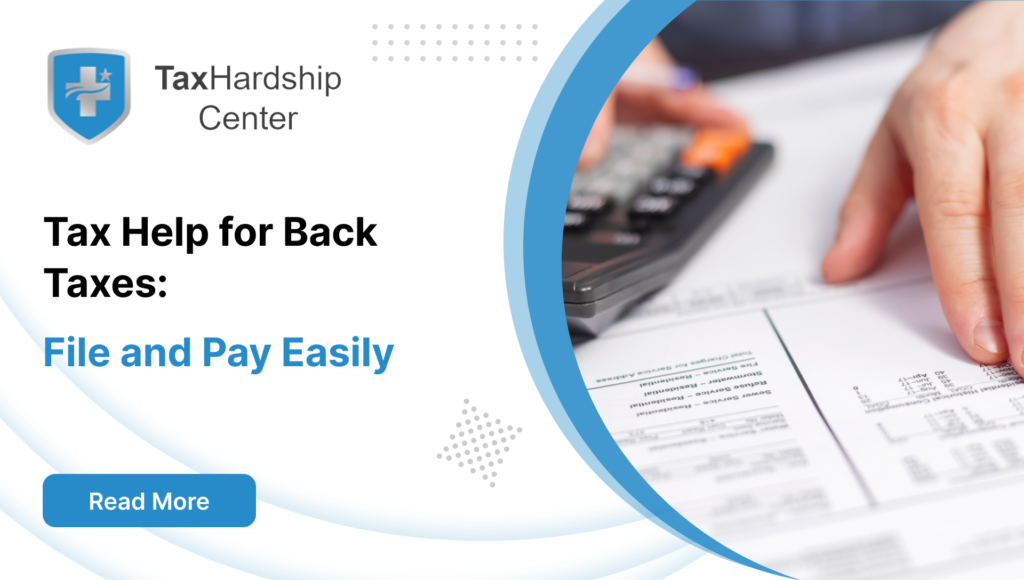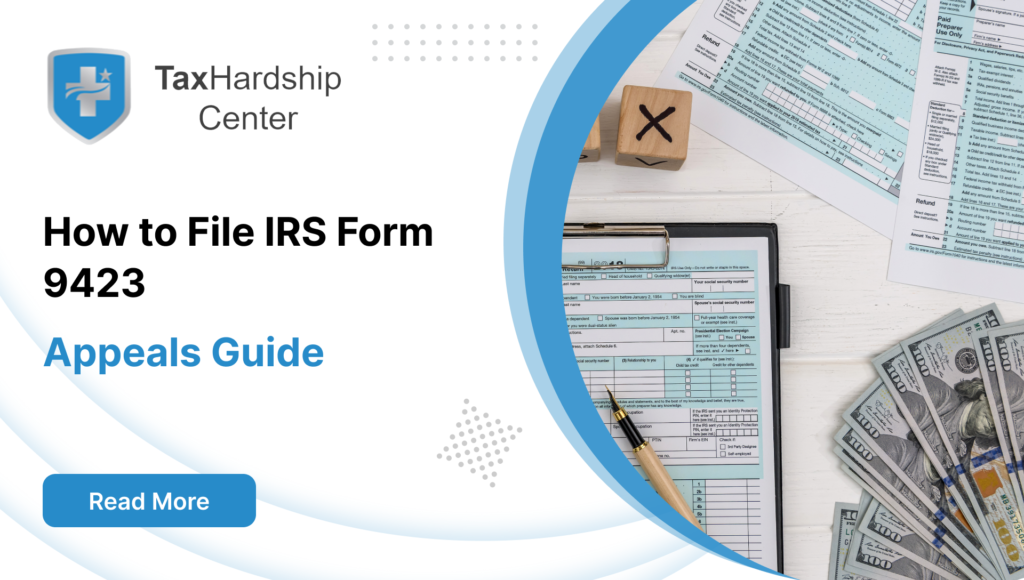Taxes are the essential monetary or financial payments that need to be fulfilled by all citizens, irrespective of the country. Taxes are collected from the citizens and businesses at different levels, like the local, state, and federal.
Taxes are a significant source of revenue for the government, which in a way is fruitful for the citizens living in any country, as the government utilizes this tax money for providing services to the public, building infrastructures such as roads, railways, or schools, and as well as for other various kinds of government operations.
What is the IRS?
In the United States, the Internal Revenue Service (IRS) is a government body dedicated to serving the nation by educating people about taxes and tax laws. They also collect, maintain, and record all federal and income taxes and investigate such matters if needed.
They help maintain the proper functioning of the country by guiding taxpayers, giving back money owed to taxpayers as well, and running various kinds of tax-related programs. People often get confused about how long can IRS collect back taxes, and as you read this blog, we will provide a detailed discussion about back taxes, time limitations, and options for taxpayers.
What are Back Taxes?
As the name suggests, back taxes refer to taxes that are unpaid by a particular person or business from the previous years that they owe to the government. Back taxes can result from many reasons, including failing to pay the entire tax amount by the deadline or even due to a lack of proper income tax filing.
Back taxes are terrible as a person has to pay the government extra money due to the additional fees levied concerning failure to clear taxes before the deadline. Back taxes can even lead to more significant problems, such as imprisonment. One might face severe financial consequences if not addressed immediately through different payment plans or other tax resolution methods.
How does the IRS function and resolve owed tax?
The IRS usually can collect back taxes for over ten years, starting from the day when they were first assessed. The assessment date varies as it can be based on either when you file your tax returns or when the taxes are adjusted after the IRS audits.
However, if an individual faces problems, they must revert to the IRS and consider the various plans for their benefit. One must consult tax experts in such cases to get a better understanding of the situation and how to solve that on an urgent basis.
Ignoring tax debt is a serious offence and can lead to severe consequences. Individuals should focus on paying the taxes regularly rather than looking for how long the IRS can collect back taxes. Therefore, for the people who are facing trouble to clear their taxes, there are several methods to get additional time, based on some conditions as discussed below:
- Payment plans are one way to avail time for the late payment of taxes. The IRS provides several payment plans, such as a short-term payment plan of 180 days if the individual owes less than $100,000 in combined tax, charges, and penalties. If an individual fails to meet the tax owed in 180 days, they can also avail of the monthly agreement plan, which results in paying the debt every month. For low-income individuals, the user fee is reduced and possibly waived or reimbursed if they fulfil certain conditions.
- Offer in Compromise(OIC) is another way where if the IRS gets satisfied by the user’s financial hardships, it can grant the user a reduced amount of the debt owed, and the individual has to pay that amount. Before going for such an offer, it is essential to know that one must have at least one tax debt and have cleared all the tax payments of the current year.
- Innocent Spouse Relief is another way an individual can prove that they were unaware of their spouse’s tax debt and are not responsible for it.
- Bankruptcy is generally considered the last option and can hurt an individual’s finances. If a person declares bankruptcy, the IRS can pause the collection of taxes for a short period.
- In some instances, individuals might get a chance to negotiate with the IRS if they can prove that paying off the tax debt will result in bankruptcy. Taxpayers even have the right to appeal against the IRS in cases where the individual doubts the amount of tax debt or collection actions taken. If you’re an Armed Forces member, you can defer payment.
Future Prevention ways
As we said, taxes are necessary, and it is also required to make future-proof tax plans to avoid problems. Below, we discuss some of the methods:
- One of the simplest ways is to file your tax files correctly and at the right time. Lack of clarity and improper or late filing often leads to problems.
- Pay the taxes before the deadline, and if, in some situations, you cannot pay the whole amount, consider going for different payment plans available.
- Keep well updated with the changes made in the taxation system. This helps in many ways and can also help in reducing taxes paid.
- Consult with a tax professional if and when needed. They can help you avoid tax-related problems and guide better tax planning.
Final Overview
As we move towards the end of this blog, I hope you all get a proper idea of what taxes are and how long the IRS can collect back taxes. Taxes are like the backbone of the country, without which the proper functioning of the government will be complex.
People need to understand how the entire taxation system works and how to avoid late fees or opt for different payment plans whenever required. The taxes are used for the betterment of the citizens only, and thus, one must always try to clear out taxes as levied.








